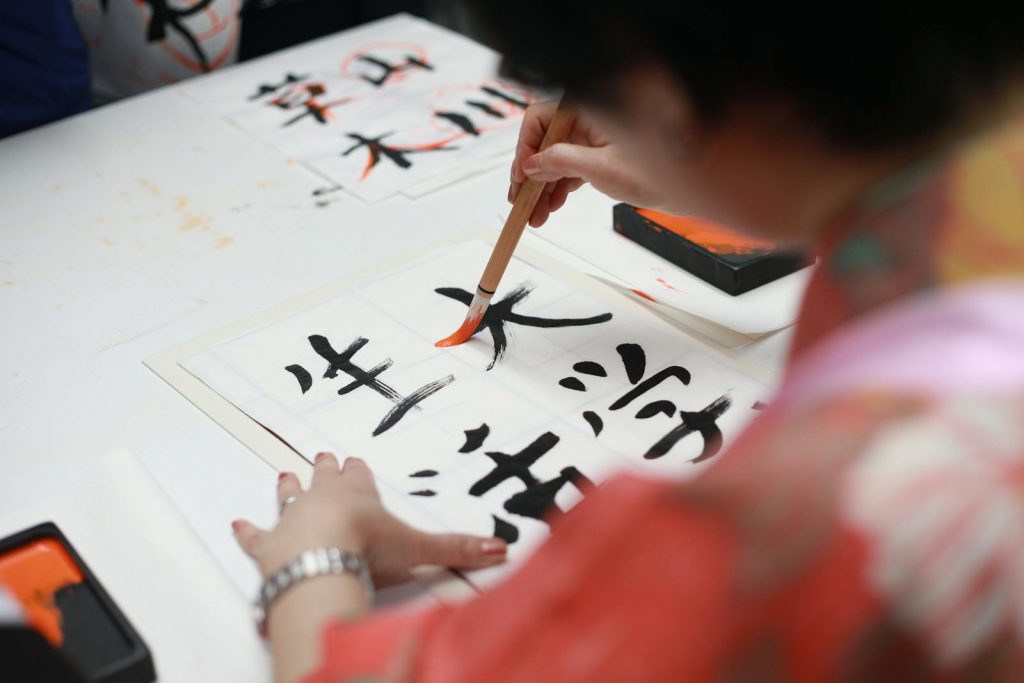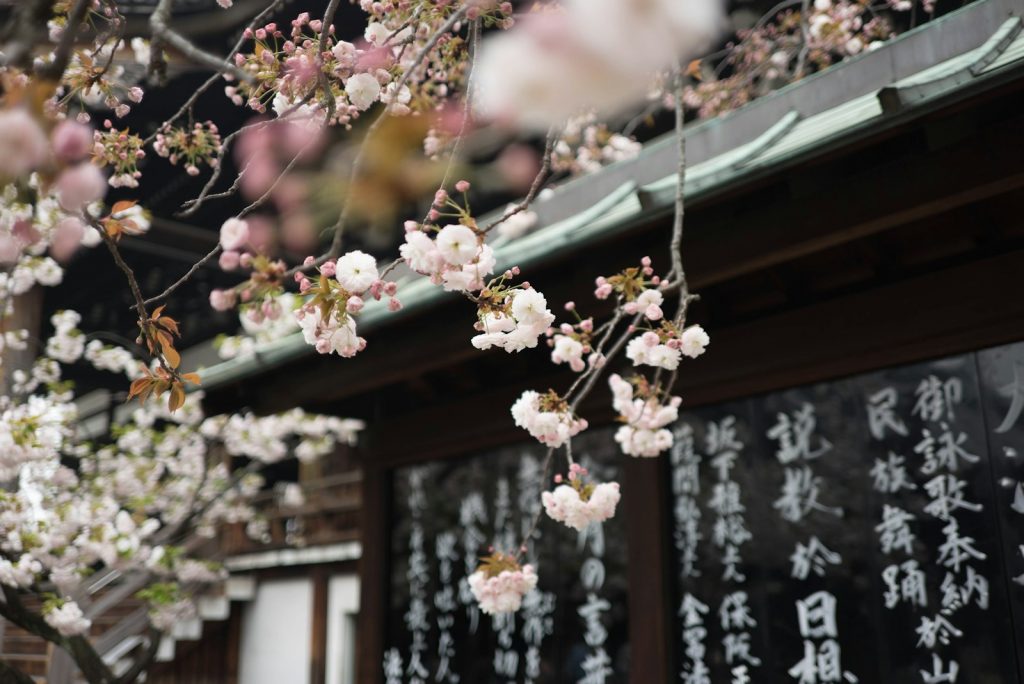Japanese bingo
Immerse yourself in Japanese with Japanese bingo templates. Use our card generator to create and download customized, printable bingo cards covering language, culture, and traditions. Ideal for Japanese classes and enthusiasts, you can even host online games with up to 2000 participants, making learning Japanese interactive and fun.
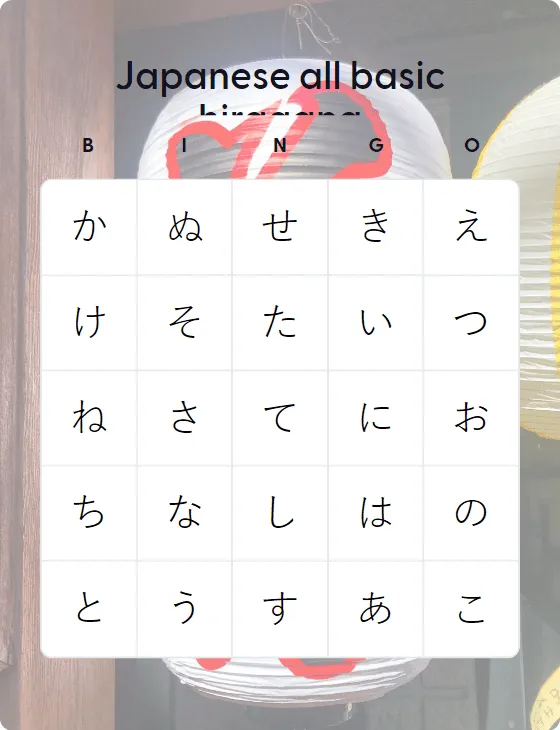
Japanese all basic hiragana bingo
5+Intermediate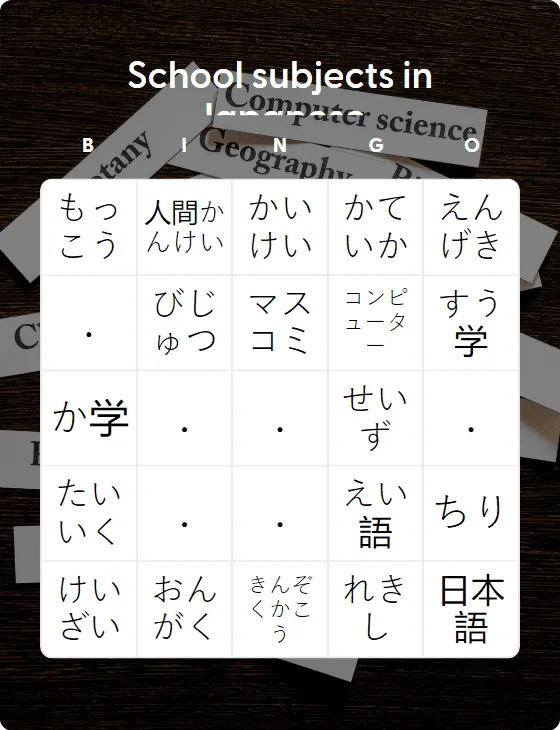
School subjects in Japanese bingo
12+Intermediate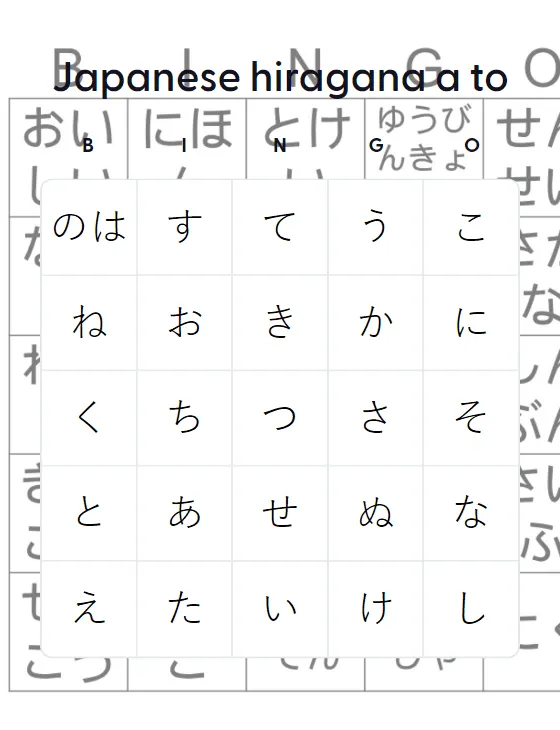
Japanese hiragana a to n bingo
5+Intermediate
More about Japanese bingo
At its core, Japanese bingo isn’t vastly different from the traditional bingo we all know and love. However, it incorporates elements of Japanese culture, language, and symbols, making it an excellent tool for educational purposes or simply to spice up your bingo night with something out of the ordinary.
Setting up Japanese bingo
Choose your theme: Japanese bingo allows for various themes, such as Japanese characters (Hiragana, Katakana, Kanji), cultural symbols (like Mount Fuji, cherry blossoms, samurai, sushi, etc.), or phrases in Japanese. Selecting a theme that interests you or your group will make the game more engaging.
Create your bingo cards: Using Bingo Card Creator, you can easily customize your bingo cards to fit your chosen theme. Whether you’re teaching a class the basics of Japanese characters or hosting a Japan-themed party, the tool allows for unlimited card creation and customization to suit your needs.
Prepare your call-out sheet: This can include the names of the symbols or characters in English or Japanese, pictures, or even phrases if you’re focusing on language learning. Make sure it’s varied enough to keep the game interesting!
Playing Japanese bingo
Learning as you play: One of the unique aspects of playing Japanese bingo is the opportunity for players to learn while they have fun. For example, if you’re using Hiragana characters, the caller can say the character out loud, and players have to find the corresponding character on their card. It’s a fantastic way for beginners to familiarize themselves with the sounds and shapes of Japanese writing.
Incorporate cultural knowledge: If your bingo game is based on cultural symbols or landmarks, why not take a moment to share an interesting fact about each one when it’s called? This could spark curiosity and encourage players to learn more about Japanese culture outside of the game.
Use technology to your advantage: Hosting a game of Japanese bingo online can allow you to include participants from across the globe, making the game even more enriching. Bingo Card Creator supports online game hosting for up to 2000 players, making it perfect for large classes or international friend groups.
Tips for enhancing your Japanese bingo experience
- Mix and match themes: Don’t be afraid to combine elements from different themes. For example, you could have a card that includes both Hiragana characters and cultural symbols. This variation can make the game more challenging and enjoyable.
- Incorporate multimedia: Especially if you’re playing online, using images, sounds, or even videos as part of the call-out process can make the game more dynamic and engaging. Imagine hearing a snippet of traditional Japanese music and having to match it to the instrument pictured on your bingo card!
- Offer rewards: Whether it’s for educational purposes or just for fun, offering small rewards for winners can add an extra layer of excitement to the game. These could be themed around Japan, like Japanese snacks, stationery, or even digital rewards like wallpapers or music tracks.
Summary
Playing Japanese bingo is not just about marking off squares on a card; it’s an immersive experience that can broaden your cultural horizons, make learning fun, and bring people together in unique and meaningful ways. With a little creativity and the right tools, you can transform an ordinary bingo night into a journey through Japan!
Generate bingo cards,
your way
Unleash your creativity with our versatile generator that simplifies the creation of personalized cards featuring text, emojis, and images!
Create card
You may also be interested in....
Not quite found the card you were looking for? Here are some similar categories that you may be interested in.


